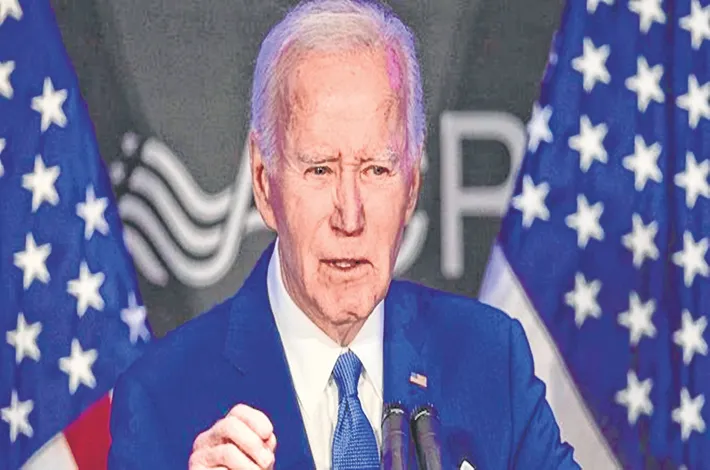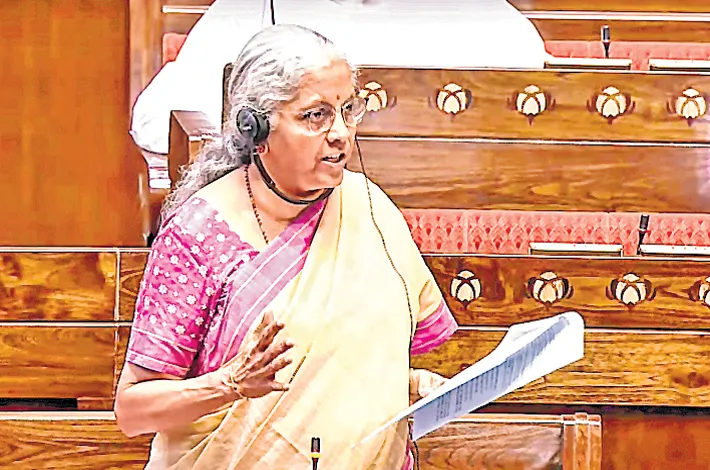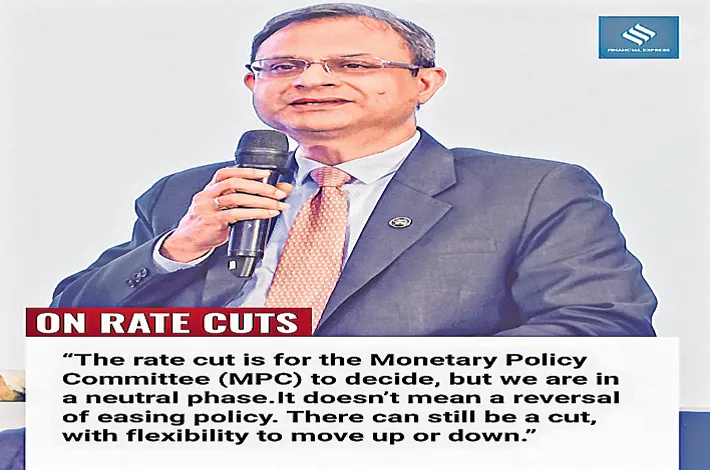Leaked audio reveals Biden's memory lapses
18-05-2025 12:00:00 AM

Agencies WASHINGTON
Newly leaked audio from former President Joe Biden's interview with Special Counsel Robert Hur has revealed significant memory challenges, including his recollection of key personal and professional dates. The audio, obtained by Axios, comes after over a year of demands from congressional lawmakers for its release, fueled by ongoing questions about the former president's cognitive acuity, Fox News reported.
The release of the audio follows the earlier public release of the interview transcript last year, which also indicated frequent memory lapses by Biden.
In the leaked clips, stemming from an investigation into his handling of classified documents after his vice presidency, Biden is heard struggling with several critical details. When asked about where he kept active working papers around 2017 and 2018, Biden stated that his son Beau was either "deployed or is dying" at that time. Beau Biden passed away in 2015, and a lawyer present had to correct the former president. At one point, Biden audibly questioned, "When did Beau die?"
Further demonstrating memory difficulties, Biden incorrectly stated that Donald Trump was elected president in 2017, later being corrected that it was 2016. Referencing his notes, he questioned, "Why do I have 2017 here?" and was informed by a lawyer, "That's when you left office."
Regarding a classified document on Afghanistan found at his lake house, Biden initially expressed uncertainty about its presence before admitting, "I guess I wanted to hang on to it for posterity's sake." The interview itself is characterized in the audio by long pauses, with Biden at times going off on tangents and slurring his words.
The House Judiciary Committee had previously sued then-Attorney General Merrick Garland last July for the audio recordings, emphasizing the importance of the "verbal and nonverbal context" provided by the audio, particularly given Hur's decision not to charge Biden partly due to his perception as "a sympathetic, well-meaning, elderly man with a poor memory." The Committee argued the audio was "the best available evidence of how President Biden presented himself during the interview."
This lawsuit predates Biden's withdrawal from the 2024 presidential race last July, which followed a challenging June debate with Donald Trump. Biden had previously exerted executive privilege over the audio recordings.








